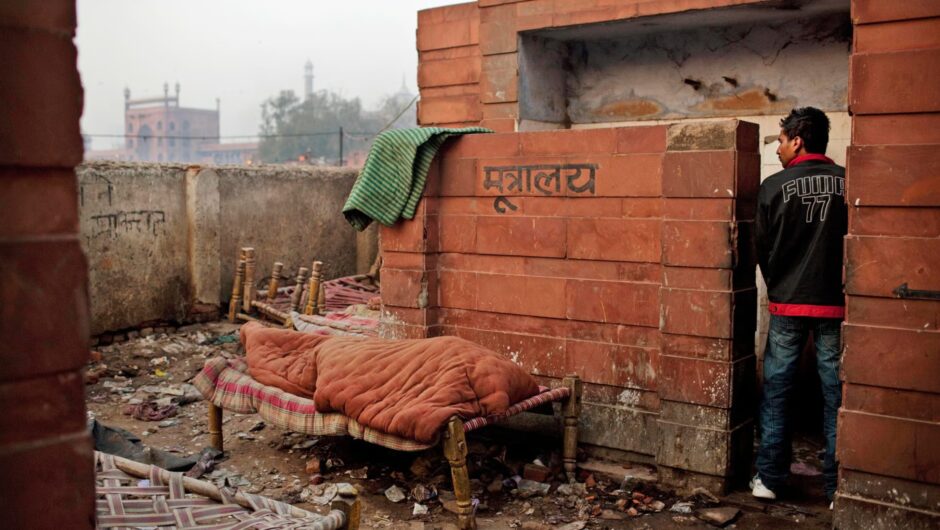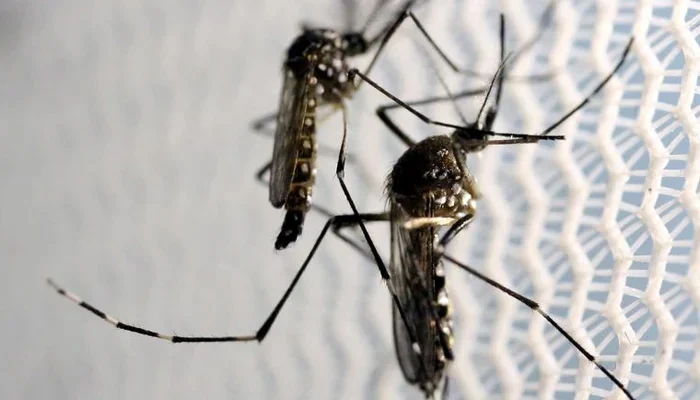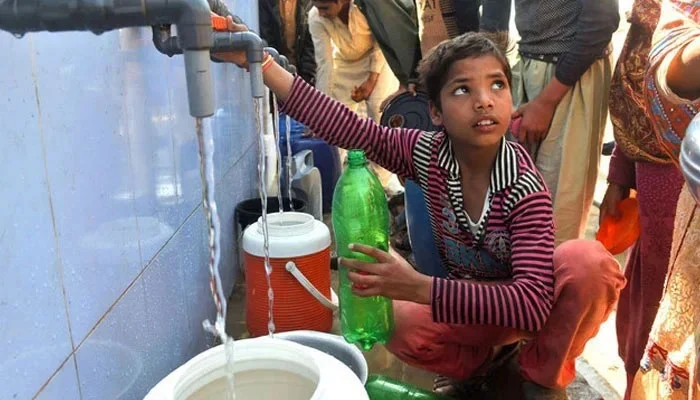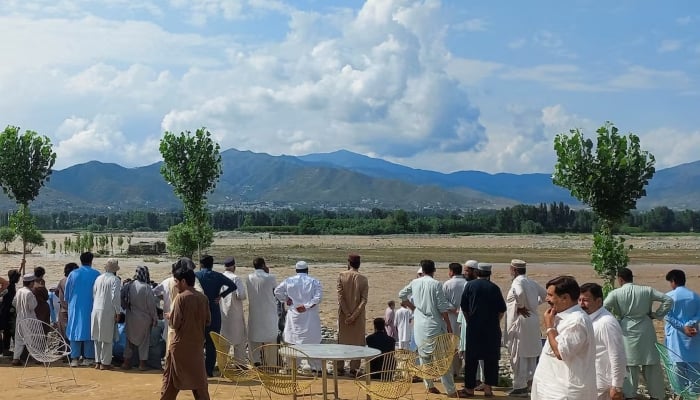A major water pipeline leak near Karachi University has triggered a severe water shortage across several parts of the city, leaving thousands of residents without access to clean water and putting pressure on an already fragile urban water supply system. The incident occurred late Sunday night when a 72-inch main pipeline of the Karachi Water and Sewerage Corporation (KWSC) burst, causing a significant disruption in the distribution network.
The pipeline, which is one of the city’s primary conduits for transporting water from the Dhabeji pumping station to Karachi’s central and western districts, reportedly ruptured due to aging infrastructure and high pressure buildup. As a result, large volumes of water were lost before supply was halted, creating an emergency situation that has affected areas including Gulshan-e-Iqbal, Federal B Area, Nazimabad, North Karachi, and parts of Saddar.
Immediate Impact on Residents
Residents in the affected areas reported dry taps, low water pressure, and long delays in tanker supplies. “We’ve had no water since early Monday morning,” said Ali Raza, a resident of Gulshan Block 13-D. “We are now relying on private water tankers, which are charging double the usual rate.”
The sudden scarcity has forced many households to ration water or seek alternative sources, including costly private supplies and borewells. Commercial areas and schools have also been impacted, with some educational institutions forced to close their washrooms and canteens temporarily due to the shortage.
Hospitals in nearby areas, including those near the university campus, have also expressed concern, especially in maintaining hygiene standards amid the heatwave currently affecting Karachi.
Repair Work and KWSC Response
The Karachi Water and Sewerage Corporation responded swiftly by dispatching technical teams to the site. KWSC officials confirmed that the rupture was “significant” and that emergency repair work is currently underway. Heavy machinery has been deployed, and engineers are working around the clock to replace the damaged section of the pipeline.
In a public statement, a KWSC spokesperson said, “We regret the inconvenience caused to the citizens. The pipeline is over 30 years old and had been flagged for maintenance. We are making every effort to restore supply within 48 to 72 hours.”
Meanwhile, water tankers have been mobilized to some of the hardest-hit areas to provide temporary relief. The KWSC has also requested residents to conserve water and avoid wastage until the situation normalizes.
Recurring Infrastructure Challenges
This is not the first time Karachi’s water infrastructure has suffered a major failure. Experts point out that the city’s water distribution network is outdated, overburdened, and vulnerable to frequent leakages and breakdowns. The combination of rising population demand, unregulated water use, and lack of long-term investment has left Karachi’s water system in a precarious state.
Urban planning specialists argue that piecemeal repairs and emergency responses are not sufficient. “What Karachi needs is a complete overhaul of its water infrastructure,” said Dr. Noman Siddiqui, an urban development expert. “These recurring incidents highlight the urgent need for sustainable investment, modern monitoring systems, and preventive maintenance.”
Public Frustration and Call for Accountability
As the crisis unfolds, public frustration is growing. Social media platforms are filled with complaints and videos showing long queues at tanker stands and residents protesting the lack of water. Many have criticized both local authorities and provincial officials for their slow response and inadequate infrastructure planning.
Citizens are also demanding transparency in how water supply priorities are determined, especially in a city where large portions of the population still lack regular access to piped water.
Looking Ahead
While the KWSC has assured that normal supply will be restored within three days, the latest disruption serves as a stark reminder of the vulnerabilities in Karachi’s essential services. With summer approaching and demand for water increasing, city officials are under renewed pressure to invest in sustainable solutions and ensure reliable access to clean water for all residents.
Topics #featured #Pakistan #trending pakistan




